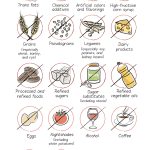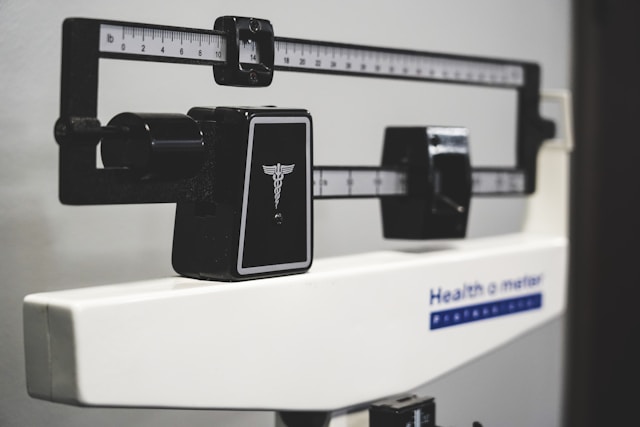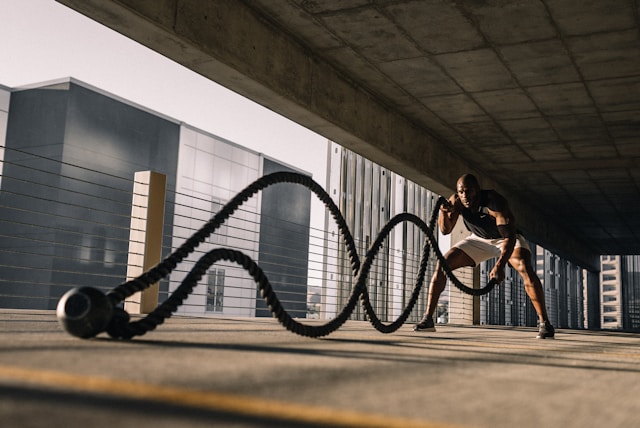You’ve probably heard or read that you should “drink protein after a workout.” We’ve found this recommendation to work but do you know why?
What happens to your body after a workout
After a workout your body has less energy (glucose in your cells get used up) and your digestive system switches into a state called “non-insulin mediated glucose uptake.” This means that your body is in a state where it is much tougher to spike your insulin levels.
Whenever your digestive system breaks down carbs into glucose(what your body uses for energy) our body releases insulin which raises your body’s insulin levels. Insulin is like a traffic controller, it directs the glucose(energy) to different parts of your body that need energy. It is not advised to have your insulin levels spiking all the time. It is much better to have your insulin levels slowly raise over a period of time rather than spike up immediately.
Example: _ _ _ _ — — — _ _ _ The floating dashes are insulin spikes. When your body is in a “non-insulin mediated glucose uptake” state, it becomes MUCH harder to spike your insulin levels which “should” be a good thing. Oddly enough, you actually WANT an insulin spike after a weightlifting workout. Why?
Why you want an insulin spike
When you finish working out, you start a process whereby muscle proteins are broken down — known as proteolysis (1). This is because your body sets off “danger” signals after a weightlifting workout since workouts put our bodies under great stress. These signals are set off by the release of the stress hormones, adrenaline and cortisol. These are the same hormones that get released during the flight-or-fight response that takes place when you feel like you’re in a life/death situation. Unfortunately, when your body sees these elevated levels of stress hormones your muscles will start being broken down for energy. We can shut off these danger signals with an insulin spike (2).
Why muscle breakdown is a travesty
Our body is always either losing protein by breaking down your muscle or using protein to build muscle(protein synthesis). The goals of post-workout nutrition are minimizing post-workout muscle breakdown and maximizing protein synthesis. The following example will make this breakdown and protein synthesis stuff make sense:
Let’s say over the course of a week your body had to pull 50g of protein from your muscles for energy. Luckily you were working out and eating protein throughout the week and your body was able to build 40g of muscle for the week. Well, there was more muscle breakdown than protein synthesis so for that week you actually lost muscle. If we reverse the numbers so that you broke down 40g of protein and built 50g of protein the end result would have been muscle gain…. This purpose of this example is to illustrate why promoting protein synthesis and avoiding muscle breakdown is so important, not to explain actual body Biochemistry.
So what do you do?
Eat post-workout protein! Here’s the explanation for why.
(1) Vinod Kumar, Philip Atherton, Kenneth Smith, and Michael J. Rennie, “Human Muscle Protein Synthesis and Breakdown during and after Exercise,” Journal of Applied Physiology 106, no. 6 (2009): 2026–39. doi: 10.1152/ japplphysiol. 91481.2008.
(2) Scott C. Denne, Edward A. Liechty, Ya Mei Liu, Ginger Brechtel, and Alain D. Baron, “Proteolysis in Skeletal Muscle and Whole Body in Response to Euglycemic Hyperinsulinemia in Normal Adults,” Endocrinology and Metabolism 261, no. 6 (1991): E809-E814.




